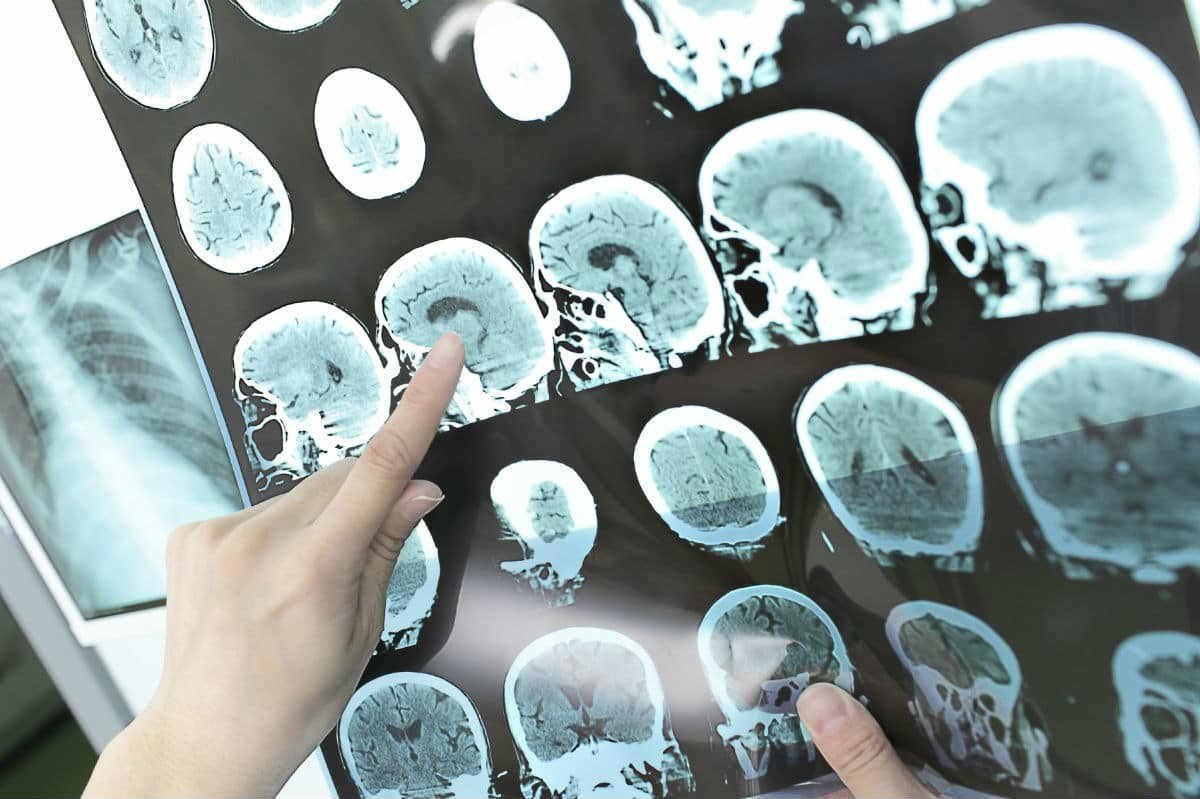Skull Fractures and Missouri Workers Compensation
The Law Office of James M. Hoffmann has a strong history of helping injured workers get the medical attention and financial compensation they need.

The skull, although composed of the toughest bone in the body, is not impervious to fractures or breaks from a strong impact. These injuries can range from painful bruising and swelling on the outside of the skull to severe trauma that inflicts permanent damage to the brain. As the brain is an intricate and unpredictable organ, any head injury needs to be evaluated by a physician as soon as possible.
In the unfortunate event of a fractured skull resulting from an accident, the expenses associated with its diagnosis, treatment, and rehabilitation may be covered by your employer’s workers’ compensation insurance, provided that the injury occurred during work-related activities. If you have any questions regarding your entitlements to the full range of benefits for your injury, the Law Office of James M. Hoffmann is ready to offer assistance.
What Causes a Fractured Skull?
Blunt force trauma from any number of work-related accidents can cause a fractured skull. Delivery and truck drivers are at risk if involved in a car accident. A worker whose work includes working from heights is also at risk because they could fall. This includes construction workers, cable wire repairmen, painters, and roofers.
A fracture to the skull is not always obvious at first, especially with a closed fracture where the skin is not broken, and no bleeding occurs. There are a number of different types of skull fractures ranging from mild to life-threatening, but each one needs to be examined first by a qualified physician.
Fractured Skull Signs & Symptoms
When a skull fracture is open or has become depressed, it is obvious that the skull has been fractured. Bleeding from the wound is one symptom, but there could also be bleeding from the nose, ears, and eyes. There may be bruising around the trauma area, behind the ears, and even around the eyes, along with pain and swelling at the trauma site.
Some additional symptoms may include:
- headache
- vomiting and nausea
- blurred vision
- restlessness
- irritability
- a sense of being off balance
- stiff neck
- fainting
- confusion
- drowsiness
Diagnosing a Fractured Skull
In almost all instances of trauma to the head, a physician will order an imaging procedure to check the brain and look for signs of damage. This is most often done using a CAT scan to give the doctor a clear image of the fracture and the extent of damage it caused.
How a skull fracture is treated depends on the extent of the injury and how much it has affected brain function. Bumps and bruising can be treated with ice and pain medications, while a concussion may need to be observed for a few days for signs of further damage. With severe injuries to the brain, surgical intervention may be needed in order to control bleeding and prevent further damage. A fractured skull can lead to very serious complications, including loss of cognitive and physical abilities or even death.
Fractured Skulls and Workers’ Compensation
Whenever a Missouri employee suffers an injury as a result of a workplace or occupational duty-related accident, the employer’s workers’ compensation insurance should be available to pay for all costs related to the diagnosis, treatment, and recovery from the injury. This also includes any wages lost. In the case of a fractured skull, there is also the possibility that you may need care over the course of the rest of your life and not be able to return to normal employment. Under those circumstances, your employer may have to continue to pay you a percentage of your salary as well as continue paying for your medical needs.
The Law Office of James M. Hoffmann
Our legal team has a strong history of helping injured workers get the medical attention and financial compensation they need. Based in St. Louis, and handling workers’ compensation cases throughout the State of Missouri, our law firm will ensure that your rights are protected. Please call (314) 361-4300 (314) 361-4300. You can also complete our Online Case Evaluation Form. All communications are returned promptly.
